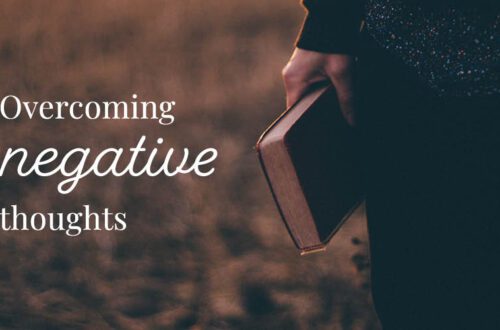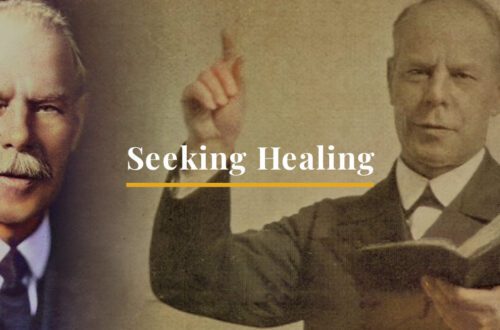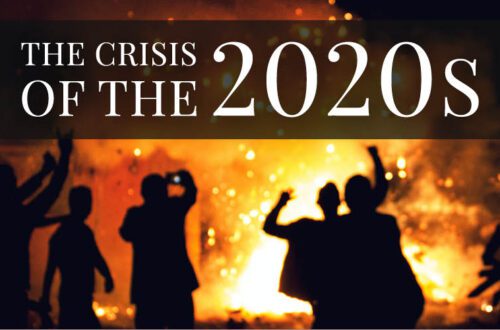
Christopher Nolan, Christianity, the Bible, Faith and Cinema
“The Son of Man did not come to be served, but to serve and to give His life a ransom for many” (Matthew 20:28).
When film historians adjudicate the principal directors and screenwriters of our time, Christopher Nolan’s name will be in the top ten. Known for The Dark Knight Trilogy (2005–2012), Inception (2010), Interstellar (2014), Dunkirk (2017), Tenet (2020) and Oppenheimer (2023) amongst others, this filmmaker submits deep questions about the nature of the soul in blockbuster films.
Nolan is a writer and director who flirts with Christian themes in his movies, delving into biblical concepts, mining rich theological terrain for cinematic exploration. He addresses questions about the nature of reality, the essence of time, the metaphysics of consciousness and the subconscious, all without directly addressing the question of God. His films allude to the questions of good and evil, and his characters are motivated by sacrificial love and the mystery of faith.
“The influence of Christianity on my films is mostly cultural, in terms of my upbringing, I was raised a Catholic,” said Christopher Nolan. “A lot of the cultural potsherds, a lot of my education, Christianity and the ideas of Christianity flowed around in that.”
Writer’s Block Presents, Christopher Nolan on Christianity in his films, 26 December 2020
In Interstellar, Nolan articulates his thoughts on love through Dr Brand, “Listen to me when I say that love isn’t something we invented, it’s observable and powerful, it has to mean something…maybe it means something more, something we can’t yet understand. Maybe it’s some evidence, some artefact of a higher dimension that we can’t consciously perceive. Love is the one thing we’re capable of perceiving that transcends dimensions of time and space.” These thoughts are theological in nature. The Bible declares God is eternal love and says, ‘Love never fails…and now abide faith, hope, love, these three; but the greatest of these is love’ (1 Corinthians 13:8, 13, 1 John 4:8)
Speaking of the principal character in his film Tenet, Nolan suggests he needed “to have faith and the title of the film has that…some degree of selflessness and spirituality to this character.”
Writer’s Block Presents, Christopher Nolan on Christianity in his films, 26 December 2020
Most of Nolan’s films need several views to comprehend the scale of the undertaking. In the time-reversal film Tenet, Nolan tussles to reconcile biblical themes of predestination and free will. He attempts to look at events on earth from an eternal perspective, as one outside of time, seeing the past and present. The main character, called the Protagonists, engages in a confusing and mind-bending fight with himself, as he passed back through time. That sounds like death to self.
For whoever desires to save his life will lose it, but whoever loses his life for My sake will save it
– Jesus, Luke 9:24
Nolan’s plots hang on characters willing to sacrifice self, be misunderstood and endure death for others. That’s a Christ-like mission. In Dunkirk, Mark Rylance, as Mr Dawson, declares his crew heading into danger to rescue soldiers must do their duty to serve, even if it means facing death. In Interstellar, Matthew McConaughey’s character, Joseph Cooper, warns that the only evil in space is what we take with us. That’s that fall of man.
For all have sinned and fall short of the glory of God
– Romans 3:23.
The epic space movie Interstellar is also set to a religiously themed soundtrack by Hans Zimmer, developed on the organ at London’s Temple Church. When you enter the church, the first thing that strikes you is the Templar casts on the floor and their challenge to live for eternity. Christopher Nolan spoke of his desire for the soundtrack, saying:
“I also made the case very strongly for some feeling of religiosity to it, even though the film isn’t religious. But that the organ, the architecture, the cathedrals and all the rest, they represent mankind’s attempt to portray the mystical or the metaphysical, what’s beyond us, beyond the realm of the every day.”
– Zimmer, Hans/Nolan, Christopher – Interstellar, Temple Church, London, Oct 10, 2015
One of the moving themes of The Dark Knight Trilogy is the willingness of Bruce Wayne and his Batman to embrace underserved public failure and blame for others. At the end of The Dark Knight (2008), Batman takes the chastisement for crimes he didn’t commit, sacrificing himself and his reputation. A child says, “He didn’t do anything wrong,” and his father says Batman has to run, “because he’s the hero Gotham deserves, but not the one it needs right now.” It’s ambitious to scrutinise this asseveration without reflection on Christ’s mission:
For He made Him who knew no sin to be sin for us, that we might become the righteousness of God in Him
– 2 Corinthians 5:21.
In 2023’s Oppenheimer, Nolan explores Christian ideas on the morality of the bomb. “If you drop a bomb, it falls on the just and unjust.” He is referencing Jesus in Matthew 5:45, “He causes His sun to rise on the evil and the good, and sends rain on the righteous and the unrighteous.”
On the subject of Oppenheimer’s adultery and its consequences, Nolan writes, “You don’t get to commit the sin and then have us all feel sorry for you that it had consequences.” This echoes sentiments from Proverbs, “Whoever commits adultery with a woman lacks understanding; he who does so destroys his own soul” Proverbs 6:32.
“What do we call the test?”
“Batter my heart, three person God.”
“What?”
“Trinity.”
In this narrative, Nolan is drawing from a poem written by the English poet John Donne (1572 – 1631), Batter My Heart, Three-Person’d God which describes the need for the soul to be overthrown for redemption, which includes, “Your force to break, blow, burn, and make me new.”
Batter my heart, three-person’d God, for you
As yet but knock, breathe, shine, and seek to mend;
That I may rise and stand, o’erthrow me, and bend
Your force to break, blow, burn, and make me new.
Nolan concludes the theology of Oppenheimer, “The Atomic bomb will be a terrible revelation of divine power.”
Christopher Nolan is also credited with screenwriter David S. Goyer, for the story of Man of Steel (2013). In one scene at the beginning of his mission, Superman asks a priest for guidance, wondering if he should sacrifice his life for the world. In the background is an image of Christ in the Garden of Gethsemane. Superman says, “If there’s a chance I can save earth by turning myself in, shouldn’t I take it?” Compare this to the example of Christ:
He went a little farther and fell on His face, and prayed, saying, “O My Father, if it is possible, let this cup pass from Me; nevertheless, not as I will, but as You will”
– Matthew 26:39.
By Paul Backholer. Find out about Paul’s books here.
This page was updated to cover Oppenheimer on 13 April 2024.




